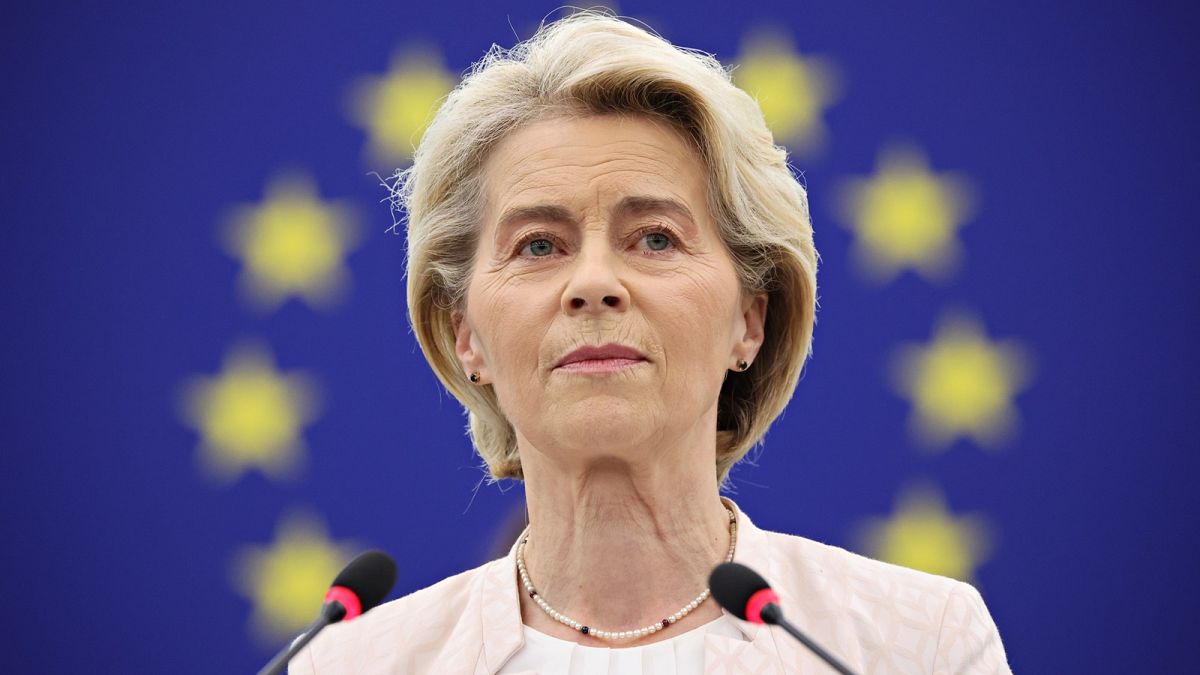The recent re-election of Ursula von der Leyen as European Commission president has sparked tensions with China due to her political guidelines, which emphasize the need to respect the status quo in the Taiwan Strait. China has criticized von der Leyen’s manifesto, calling it a “gross interference” in its internal affairs and warning against any attempts to meddle in issues related to Taiwan.
Wang Lutong, the director general for European affairs at the Chinese Ministry of Foreign Affairs, expressed concerns about the European Commission’s commitment to work closely with countries like Japan, Korea, New Zealand, and Australia to address common challenges in cyber, space, and the secure supply of critical minerals and technologies. The mention of deterring China from unilaterally changing the status quo in Taiwan by military means has alarmed Beijing, which considers Taiwan a breakaway province that must be reconciled with the mainland.
Despite the EU’s position, Taiwan views itself as a de facto independent nation with its own democratic institutions. Taiwan’s new president, William Lai, has offered to resume bilateral contacts with Beijing but maintains that the Republic of China and the People’s Republic of China will never be subordinate to each other. This stance has increased tensions with Beijing, which views Lai as an “instigator of war.”
While the EU does not officially recognize Taiwan and does not have an embassy in Taipei, the two sides engage in relations on various topics such as renewable energy, security, research, data protection, human rights, and semiconductors. The semiconductor industry is a crucial area where Taiwan excels, and the EU has been seeking to strengthen ties with the island in response to deteriorating relations with China. This partnership is expected to expand during von der Leyen’s next mandate.
In response to von der Leyen’s re-election, Taiwan’s Ministry of Foreign Affairs congratulated the president and expressed appreciation for her support for peace and stability across the Taiwan Strait. The statement highlighted Taiwan’s commitment to collaborating with the European Union to safeguard the rules-based international order and promote friendly and mutually beneficial cooperation. Despite the ongoing tensions with Beijing, Taiwan remains committed to engaging with international partners like the EU to advance shared goals and values.
The issue of Taiwan continues to be a point of contention between China and the European Union, with von der Leyen’s political guidelines further exacerbating tensions. While the EU does not formally recognize Taiwan, the island’s efforts to strengthen ties with European partners have been met with resistance from Beijing. As both sides navigate these complex dynamics, the future of relations between the EU, Taiwan, and China remains uncertain, with potential implications for regional stability and global diplomacy.











